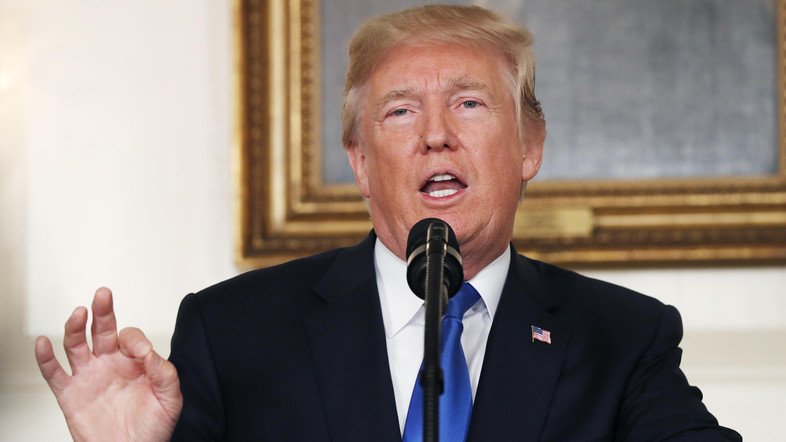London — Oil prices rose on Monday as Iranian nuclear talks appeared to hit obstacles and an embargo on Russian oil shipments loomed, with tight supply struggling to meet still robust demand.
Brent crude futures rose 92 cents, or 1%, to $93.76 a barrel by 0910 GMT. U.S. West Texas Intermediate crude was up 71 cents at $87.50 a barrel, or 0.8%.

Prices were little changed last week as gains from a nominal supply cut by the Organization of the Petroleum Exporting Countries and allies including Russia, a group known as OPEC+, were offset by lockdowns in China, the world’s top crude importer.
France, Britain and Germany on Saturday said they had “serious doubts” about Iran’s intentions to revive a nuclear deal, in a development which might keep Iranian oil off the market and keep global supply tight.
Global oil prices may rebound towards the end of the year as supply is expected to tighten further when a European Union embargo on Russian oil take effect on Dec. 5.
The G7 will implement a price cap on Russian oil to limit Russia’s lucrative oil export revenue following its invasion of Ukraine in February and plans to take measures to ensure that the oil could still flow to emerging nations.
In more bearish news for markets, China’s oil demand could contract for the first time in two decades this year as Beijing’s zero-COVID policy keeps people at home during holidays and reduces fuel consumption.
“The lingering presence of headwinds from China’s renewed virus restrictions and further moderation in global economic activities could still draw some reservations over a more sustained upside,” said Jun Rong Yeap, market strategist at IG.
Also, the European Central Bank and the Federal Reserve are prepared to increase interest rates further to tackle inflation, which could lift the value of U.S. dollar against currencies and make dollar-denominated oil more expensive for investors.
*Noah Browning, Florence Tan & Jeslyn Lerh; Editing: Kenneth Maxwell & Louise Heavens – Reuters
Follow us on twitter



